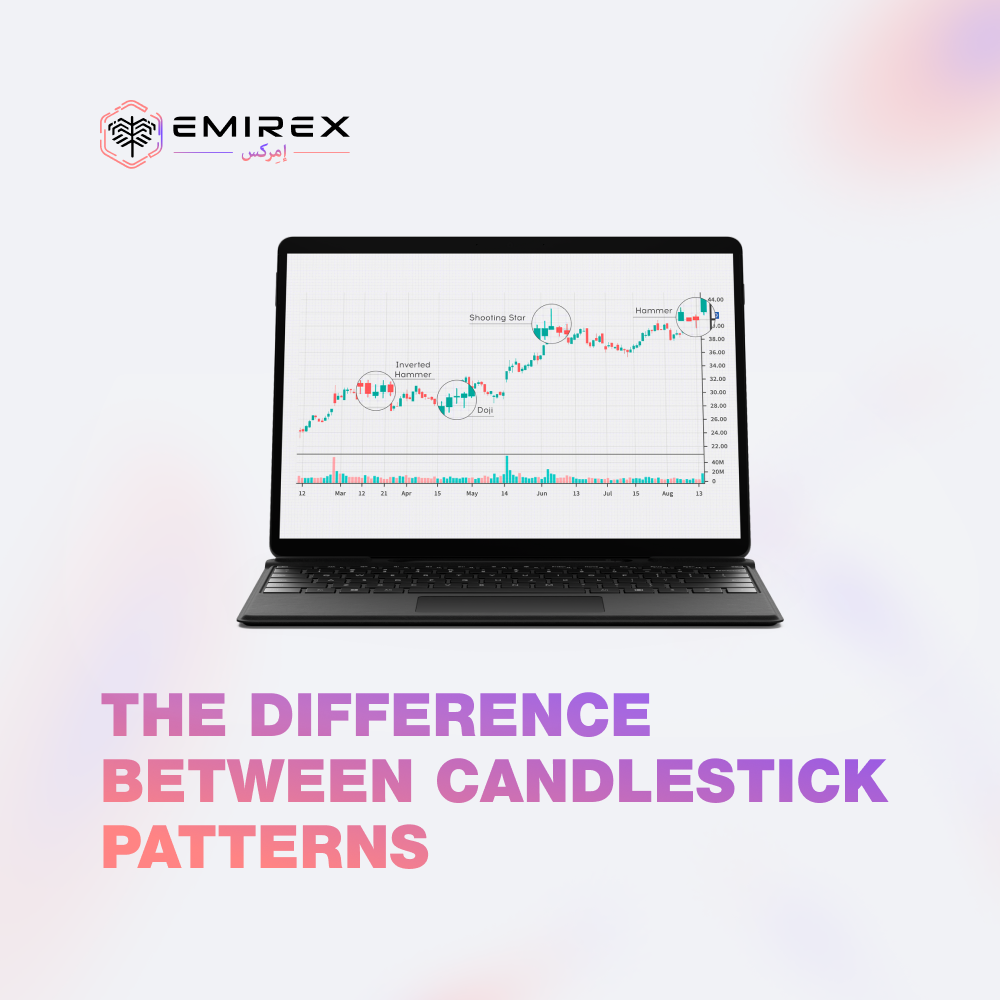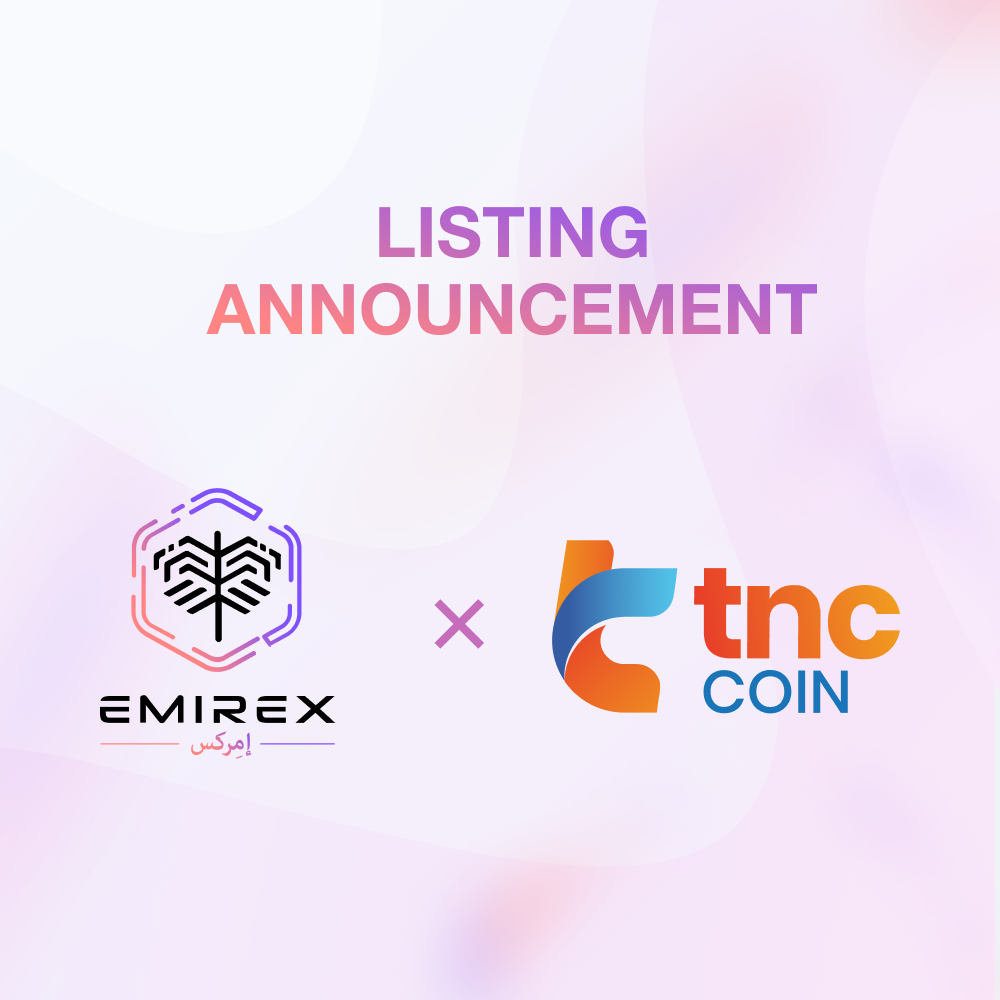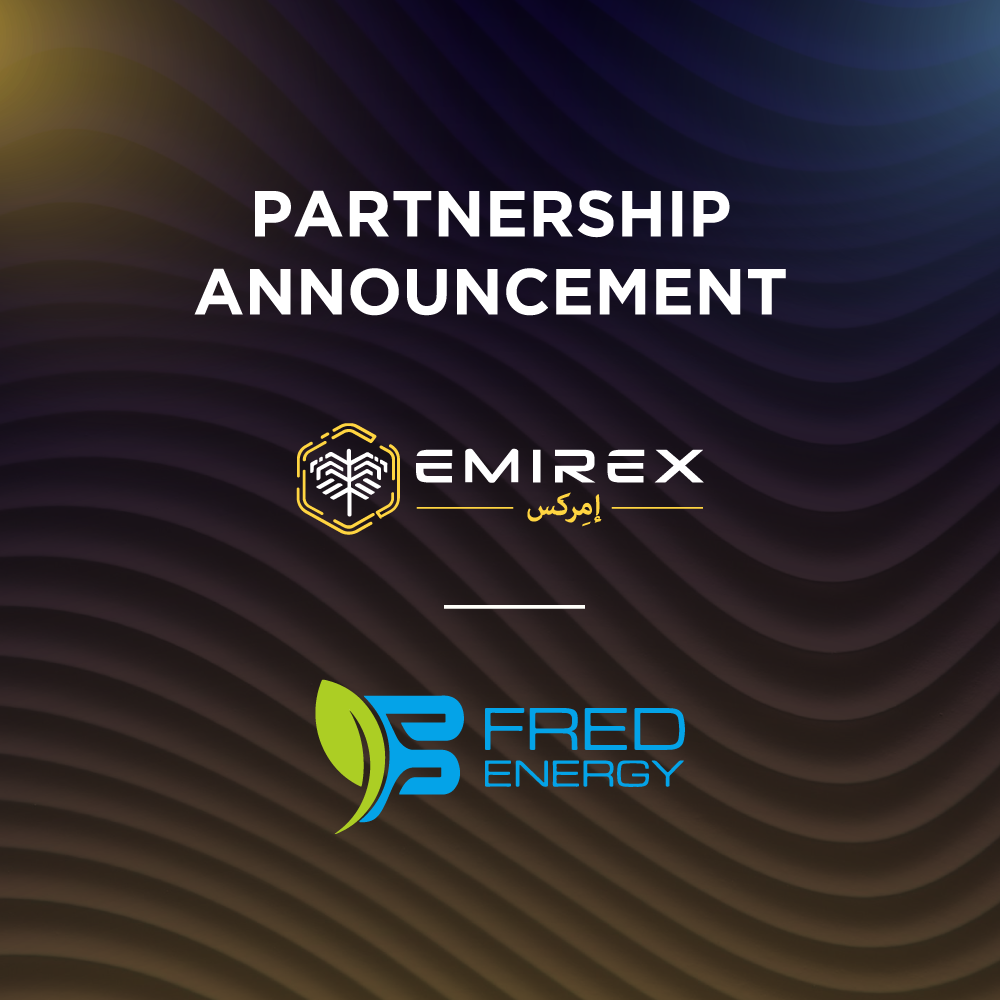The Bitcoin Cash Blockchain
Does Bitcoin Cash have its own blockchain and how is it related to the original Bitcoin blockchain? What are the differences between the two and how did the world end up having two Bitcoins? Read on to find out everything you always wanted to know about blockchains in this Emirex article series!
The bitcoin blockchain is the oldest blockchain that was created for the purpose of fast and cheap money transfers. It is very reliable, however, the scalability is problematic and the transaction speed is quite low: it is capable of processing only seven transactions per second and in order to validate each of those it takes ten minutes. In today’s age, this is considered very slow. Major credit card networks, such as Visa, are able to process over 1700 transactions per second.
The low speed is due to the small block size on the Bitcoin blockchain. In 2016 it was increased from 1Mb to 2Mb, but this still did not solve the problem. The network needed a solution. In 2017 the bitcoin mining community was divided by a dilemma: making the blocks smaller by lowering the quantity of data validated by each block, or the opposite - enlarging the blocks so that they become capable of processing more data.
In July of the same year the miners who held the majority of mining power have voted for SegWit2x - the segregated witness technology, which minimizes the data quantity required to be verified by blocks by removing signature data that must be made in every transaction (around 65% of the whole data that needs to be processed) and moves that signature data to an extended block.
Part of the miners was dissatisfied with the effect and argued that this goes against the original roadmap of Bitcoin, set by Satoshi himself. Some nodes voiced concerns over the transparency of SegWit2x. These disagreements have ultimately resulted in an update of the original bitcoin blockchain code, accepted only by a number of nodes.
The main Bitcoin network is still the same, however, the nodes that have chosen to have their code updated have formed a new blockchain, called Bitcoin Cash, with its own mined cryptocurrency (BCH), algorithms, technology, 4 times the block size than that of the original Bitcoin, and, as a result, faster transactions that also cost significantly less.
On the 15th of November 2018, Bitcoin Cash had its own hard fork, which resulted in two separate blockchains with two different coins: Bitcoin Cash, and Bitcoin SV.
Emirex supports all of the existing blockchains, including the Bitcoin Cash blockchain. Stay tuned so you don’t miss the newly added articles that explain what makes various blockchains different from one another!






